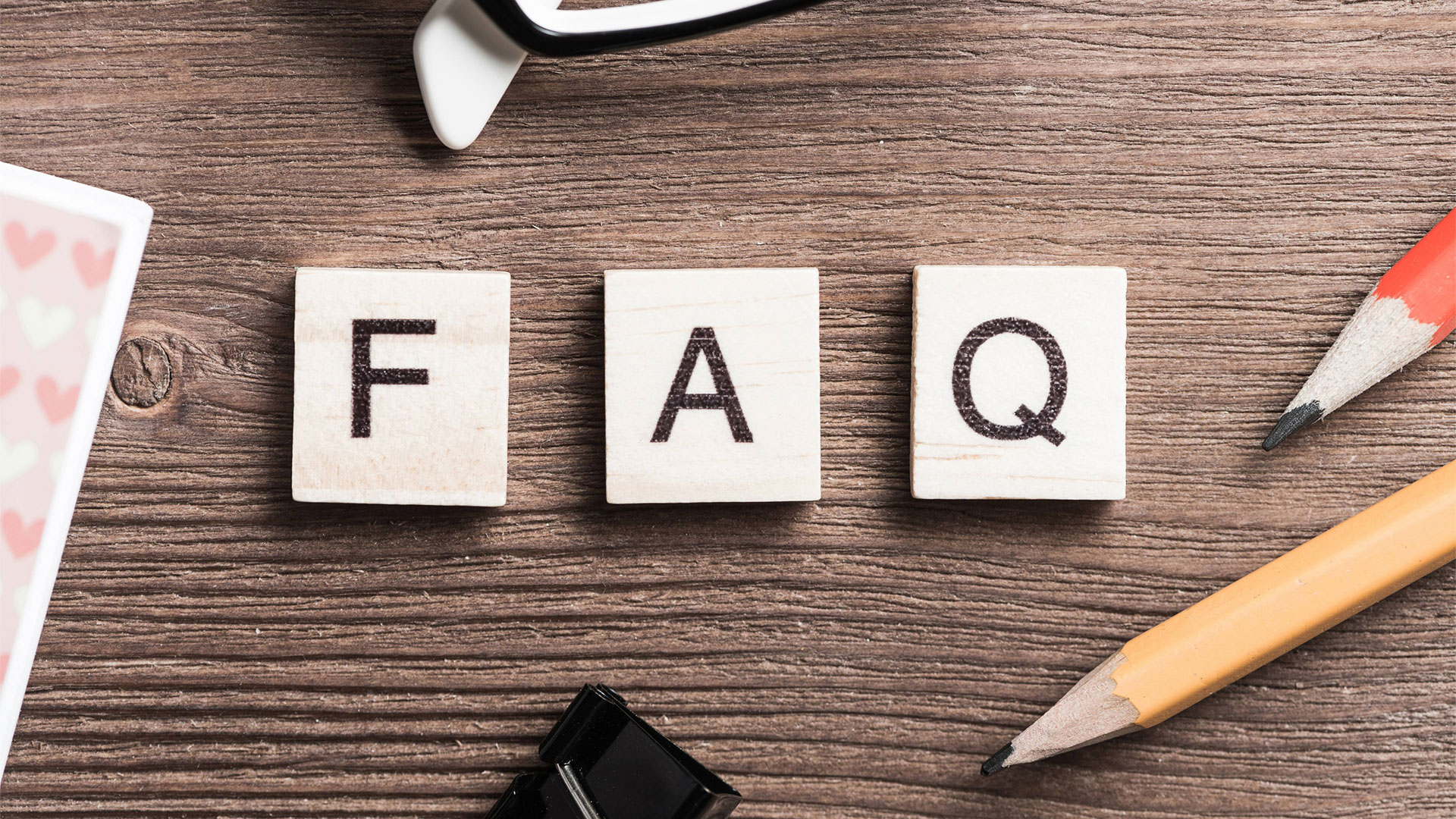“We are continually faced with a series of great opportunities brilliantly disguised as insoluble problems” (John W. Gardner)
The Appetizers
Picture this: you are under a shady umbrella, lying on a comfy couch-style sunbed, sipping your icy cocktail while the sea breeze cools you. You feel totally absorbed by the bliss of the moment and you have emptied your mind. It is then that your guilt surrounds you and traps you in the vicious cycle of questions you do not even dare to verbalise, questions pertinent to your forthcoming opening, the start of the school year. To some of these, we are to provide some answers.
Main Course
How do I know they learn?
Learning is a personal thing. It happens inside, under specific conditions which differ from person to person. This is why it is difficult to make it “visible”. However, research says that when learning happens, learners look more confident, ask more questions, are willing to take part in the lesson more vividly – they are engaged – and they want to be asked about what they have learnt. These may be “signs” they have learnt or they are in the learning process.
Which is the best teaching method?
We usually say, and I agree with this, that nobody is perfect or one size does not fit all, in other words, do not expect to find the best teaching method. However, you can do things to create an effective learning method. Instead of searching for the most appropriate post-method approach invest in a good learning one. This can be easier, pedagogically more feasible, and fairer for your learners. An example, from the hundreds I can give you, is to propagate the idea of no failure. You can set up a banner that writes: FAIL = First Attempt In Learning (Anna Hasper’s idea), whenever a learner makes a mistake you soothe him down by pointing to your banner. In this way, learners become bolder, more communicative and your lesson fosters a non-threatening learning environment.
Which books should I use/adopt?
Tricky. The best lessons we have been taught were outside books. The best teachers I have met do not need books to teach, from Homer to Jesus and from Socrates to Mahatma Gandhi, Nelson Mandela, and Don Quixote the lessons we have learnt are books free. This is the reason why artificial intelligence (AI) or machine learning is not on a par with the human mind and intelligence. You do not need books, you do not teach the books, you teach the learners. Touch the learners, use the books as a pretext and help them ride on their own after this. Do not fold them in a book, help them be out of the book. In this case, you are spoilt for choice.
What is the best assessment method?
It is important for you to avoid the psychometric methods, the numerical scaling, or the ones that simply place learners in an order of performance. You should also try to avoid criterion-based approaches simply because as we said learning is mainly idiosyncratic and cannot be straight-jacketed in some criteria. The idea is for assessment to be personal and self-reflective. Perhaps this means you need to use a diary or journal where learners keep in descriptive form their strengths and weaknesses. Your role is to provide valid and transformative guidance to help your learners become better in the way they wish and in the area they wish with the means they wish.
How can I motivate them, and make them eager to learn?
Motivation is contagious; if you are motivated, they get motivated. There are certain things you need to do. Perhaps there are certain things you need to undo or stop doing altogether. You need to reconsider things like using dictation or grammar lessons or frequent testing, giving impersonal feedback, and strict, irrational marking. The same applies to things like tons of homework, revision pages, extra leaflets, repetition, drilling, and vocabulary lists. One of the many things you can do is to introduce in your lessons the element of surprise. Surprise them in as many ways as you can. To get the picture, imagine the effect of surprise on you in different contexts, for example, if a stranger offered you a rose, or if your colleague shared a bar of chocolate with you.
The Fortune Cookie
Let’s go back to your cocktail and the moment of relaxation. Enjoy the last few days of summertime and think about the changes you are about to adopt this year. Try, then, to complete the following sentences in the best way you can.
- I have to be clear about my expectations from my learners by….
- I will use only positive language when addressing them like…
- I have to praise them more but mindfully focusing on…
- The best thing for me to do is to provide supportive, focused, personal feedback because…
- This year I will encourage them to use self-reflection assessment techniques because…
- Hopefully, I will try to use more learning methods and one way to do so is through highlighting learning strategies, few other ways are…
- What I want to improve in my teaching this year is…
- I have some ideas on how to motivate them and some of them are…
- I wish my books to help my learners to…
- These are the words I wish to hear about my teaching this year.
I wish you a creative and enjoyable school year, full of surprises and joy for you and your learners.
